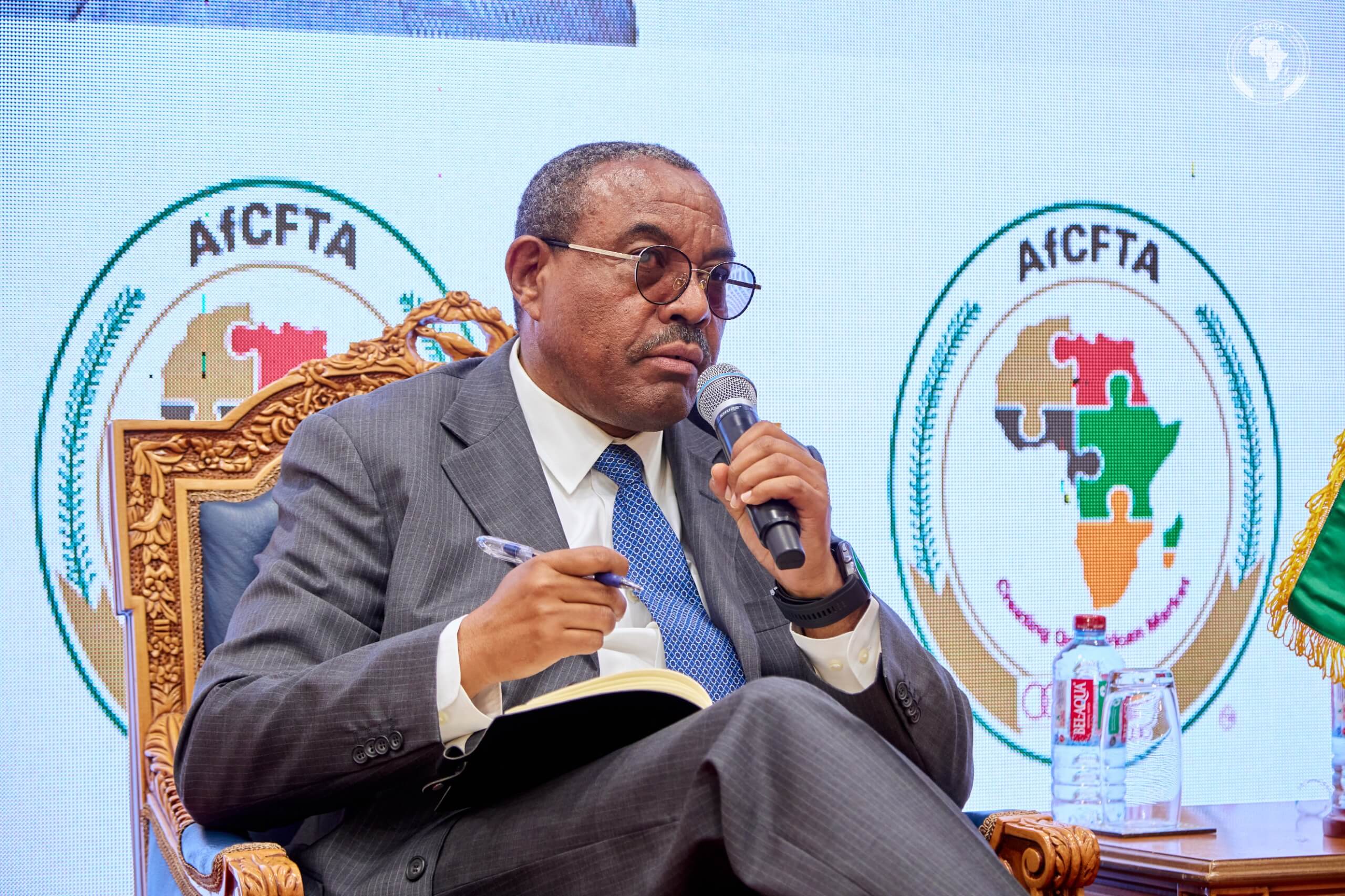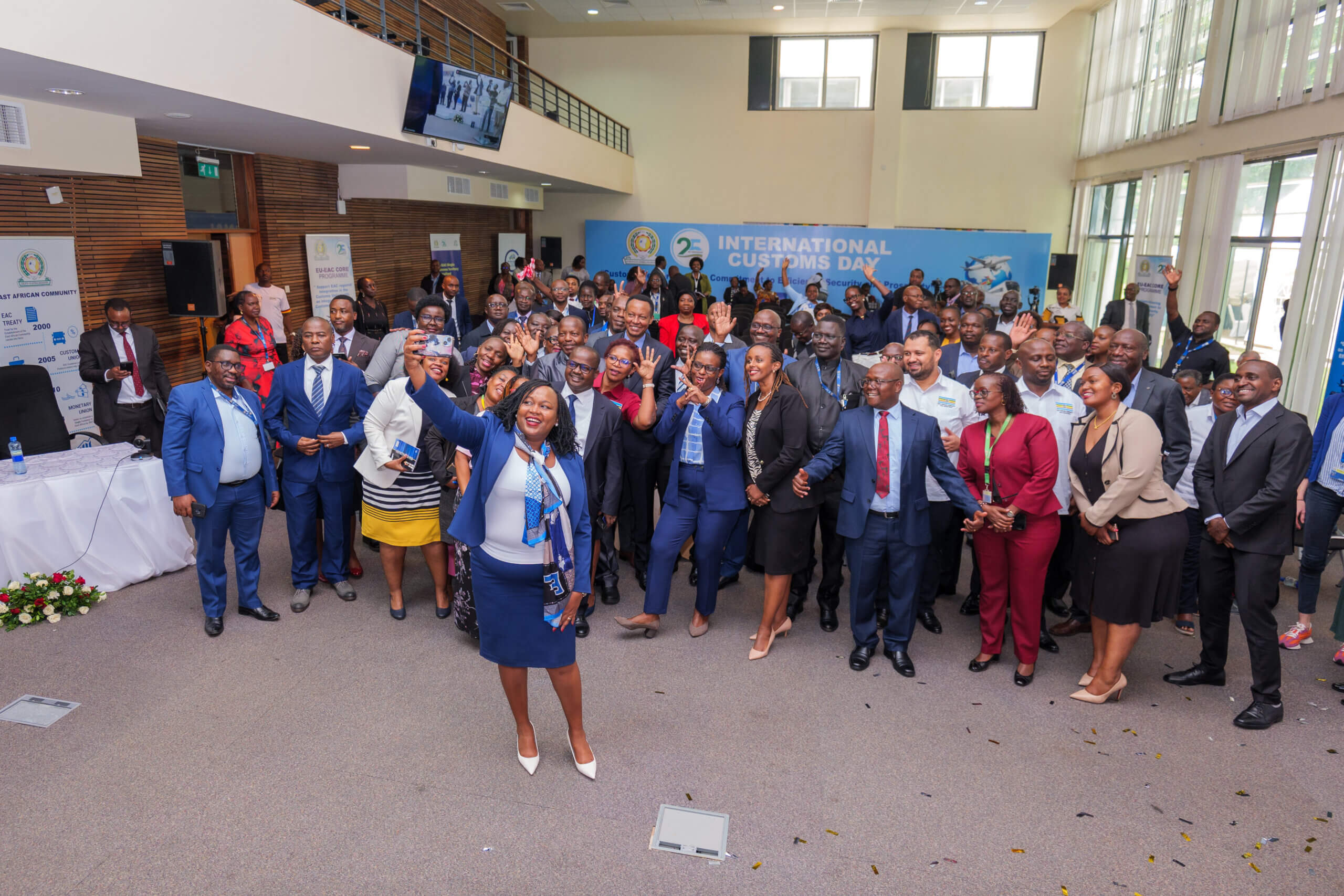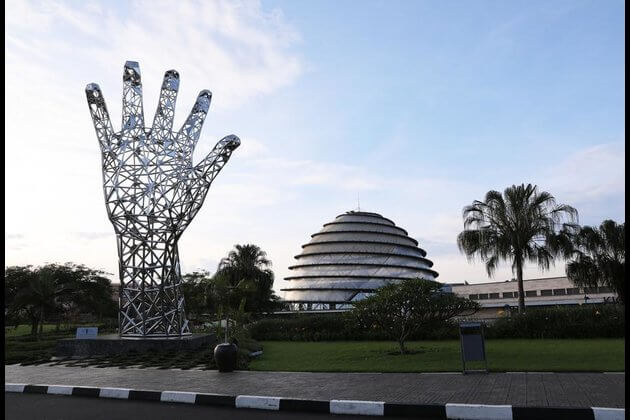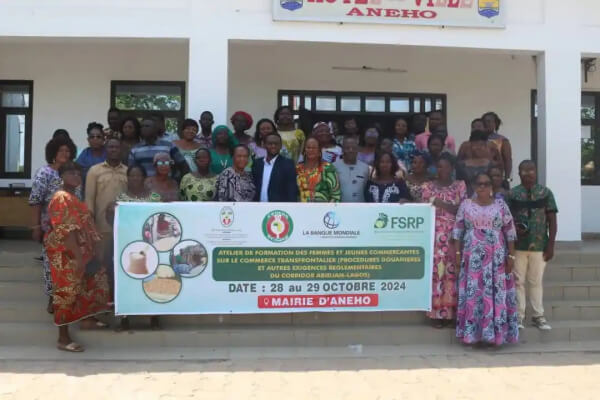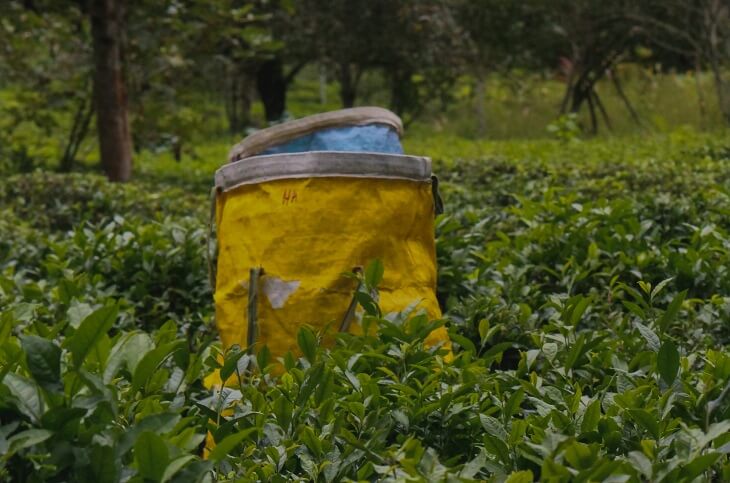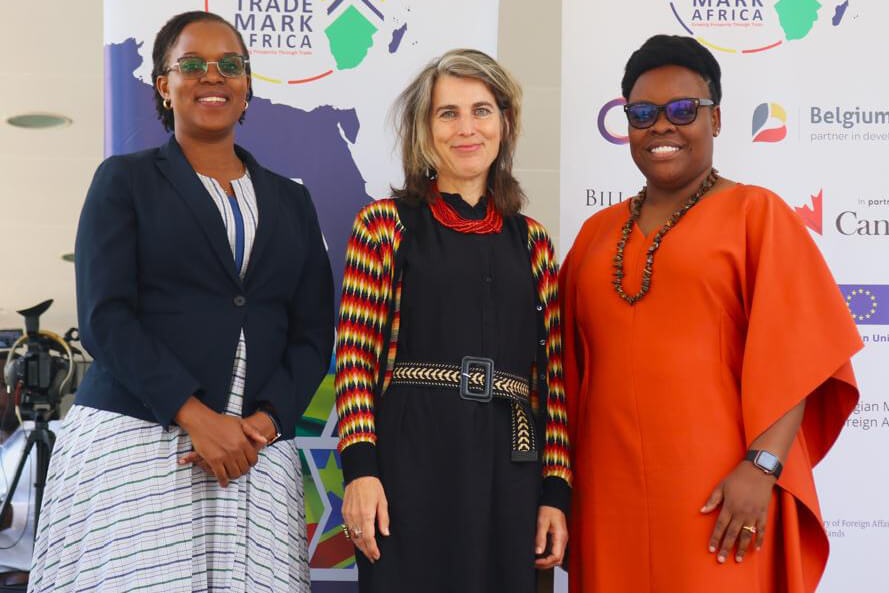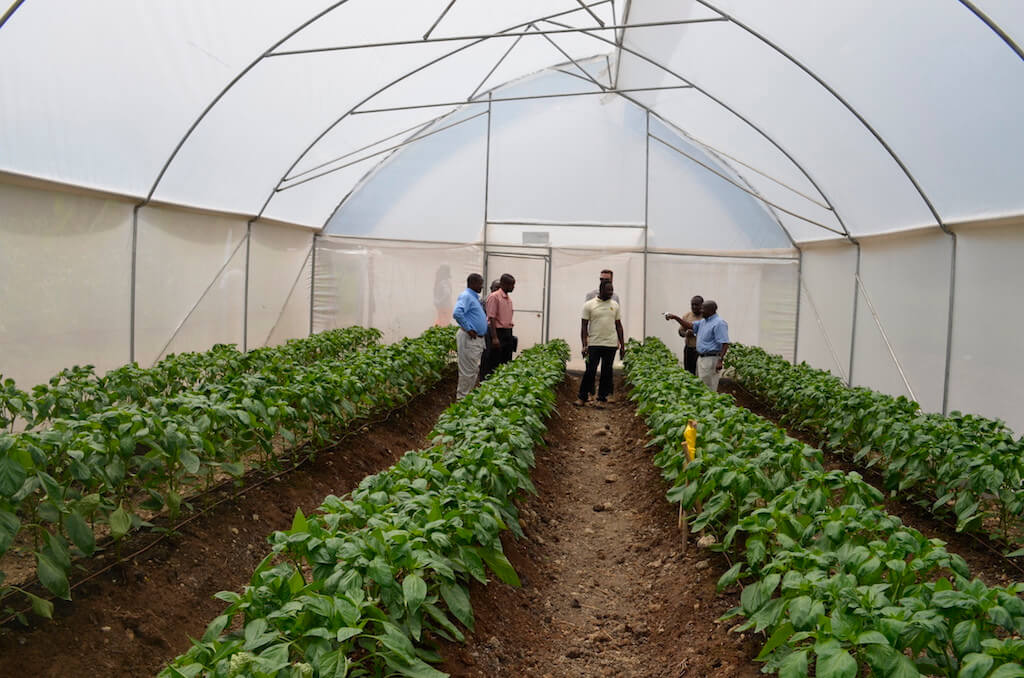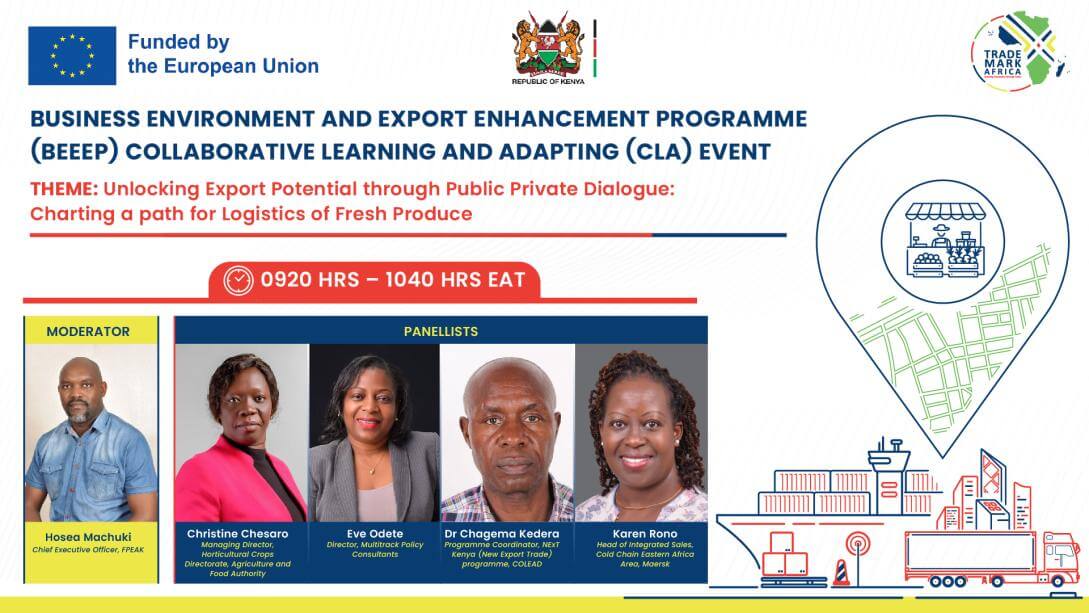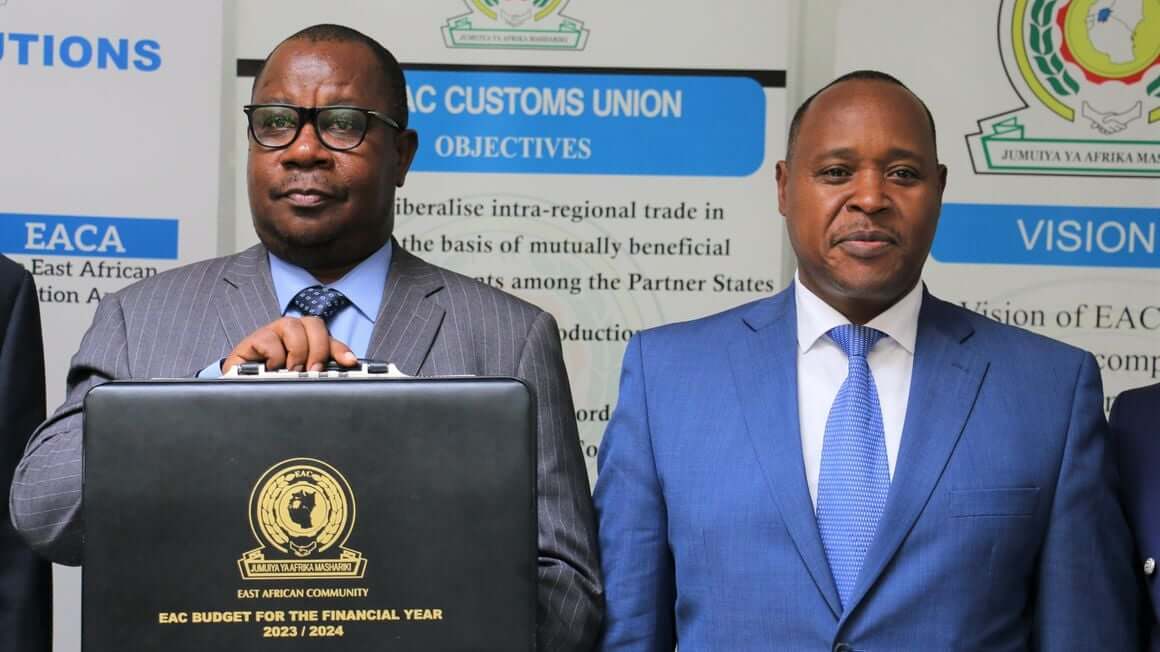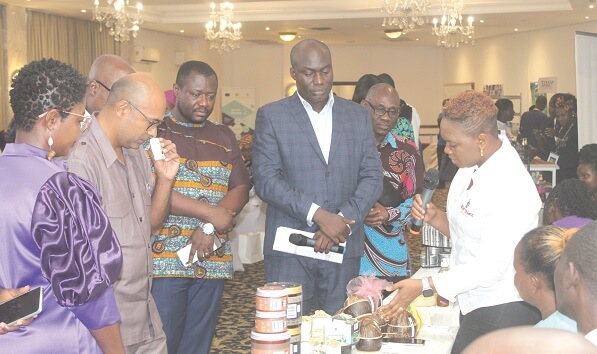Why this project?
Despite significant efforts made to enhance capacity and efficiency of TBS to develop and enforce standards, Tanzania still faces challenges to effectively address TBT and SPS controls for agricultural products. These challenges pose both, health and environmental risks, while adding to trading costs by imposing unnecessary barriers to trade. The programme will implement 2 workstreams: standards and quality infrastructure (SQI); and SPS. The standards workstream will complement the on-going support to TBS through strengthening frameworks guiding development and implementation of standards; quality management systems; TBSs testing capacity, and laboratory accreditation. The SPS workstream will support the MoA and MLF with ratification of the EAC SPS Protocol; development and domestication of trade facilitation SPS measures; and with private sector awareness and involvement in determining and implementing SPS measures in Tanzania. The project targets to increase Tanzania’s exports of agricultural products; increase number of certified products traded in/by TZ; reduce time and cost to test and issue certificates of conformity; increase compliance to Technical regulations.
What:
Tanzania Bureau of Standards (TBS) with the support of TradeMark Africa (TMA) is embarking on a process of improving its service delivery mechanisms to its stakeholders in Tanzania. Part of this improvement includes capacity building and boosting of operational efficiency initiatives targeting its internal and external stakeholders. Key expected results include;
- Increased Adoption, Use and Compliance with Standards Regulations by MSMEs
- Increased Efficiency in the Administration of Standards Licensing and Inspections
- Improved National Quality Infrastructure Regulatory Regime (NQIRR)
- Improved Capacity to Deliver Services Consistent with Regional and International Standards.
On the second phase of the programme, TMA is supporting the bureau of standards, MLF, MIT, and MOA to improve SPS frameworks, with a target of;
- Increasing Tanzania’s exports of agricultural products: To increase capacity of conducting SPS inspections for agricultural exports by the Ministry of Agriculture and Ministry of Livestock and Fisheries, which will reduce the rates of rejects. Further, to increase compliance of private sector with SPS requirements, to uplift their participation in both domestic and international trade.
- Increasing number of companies certified in Tanzania by standards and SPS agencies: To build capacity of the private sectors to support traders/private sector to invest in specific areas of testing and certification (on standards and SPS) to increase their scope of exports, and to access new markets and develop new products.
- Ratification of the EAC SPS protocol by the Government of Tanzania: Supporting operationalization of the National SPS Committee.
- Average time and cost to test and issue certificate of conformity in Tanzania: supporting best practises in standardization and SPS testing, inspection and enforcement.
- Increase compliance to SPS/Technical regulations for re-engineering or process improvement so that the offered services are optimized to be efficient.
How:
The project assisted TBS in the development of a training program on Standards, targeting MSMEs using conventional training methods suitable for businesses – using both analogue and digital platforms. It also supported TBS on the development of an integrated Standards, Quality, Metrology and Testing (iSQMT) system that automates the key administrative processes used by TBS to offer services to its stakeholders; Development of National Quality Policy Framework to establish guidelines and procedures in the development, administration, regulation and enforcement of standards in Tanzania; and development of a standards harmonization and accreditation program to support TBS to domesticate regionally harmonized standards and also have their systems, processes and service delivery processes accredited.
The second phase will include both Standards and SPS by;
- Adoption and ratification of regional and international agreements and protocols – in this case, Tanzania will be supported through the ratification process;
- Development and domestication of regionally harmonized Standards, and SPS regulations;
iii. Enhancement of standards and SPSs conformity assessment infrastructure;
- Strengthening of the SPS framework for market access;
- Implementation of the National Quality Infrastructure;
- Improvement of National Notification Authorities and inquiry points for standards and SPS;
vii. Establishment of National Standards and SPSs Centres of Excellence; and
viii. Capacity building for the private sector, to improve uptake and usage of adopted standards and SPS regulations.
Contact:
Email: [email protected]


